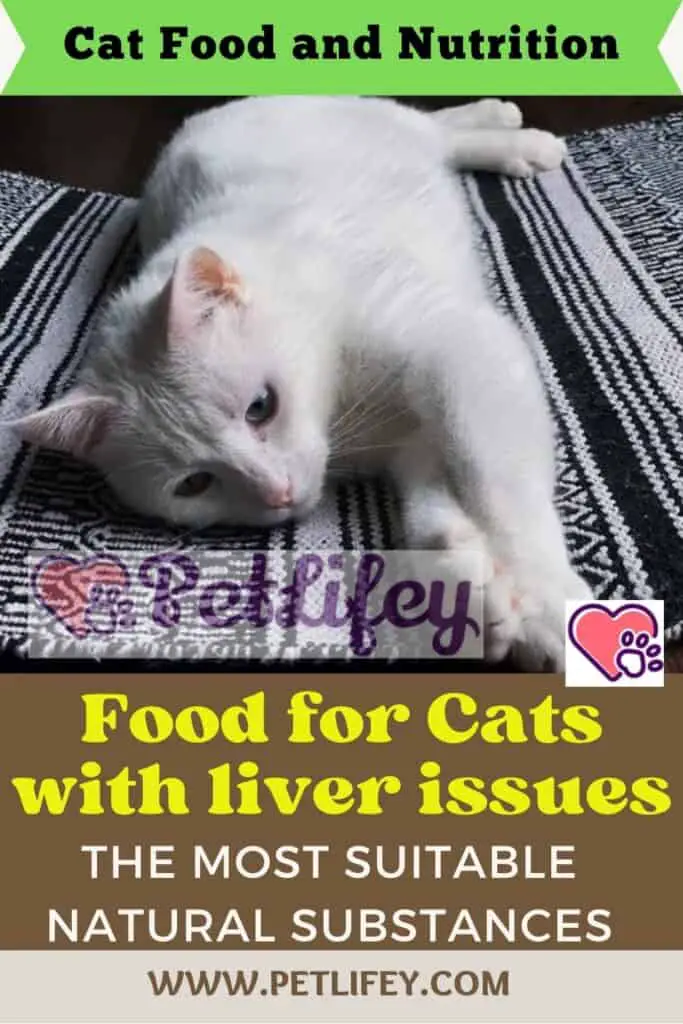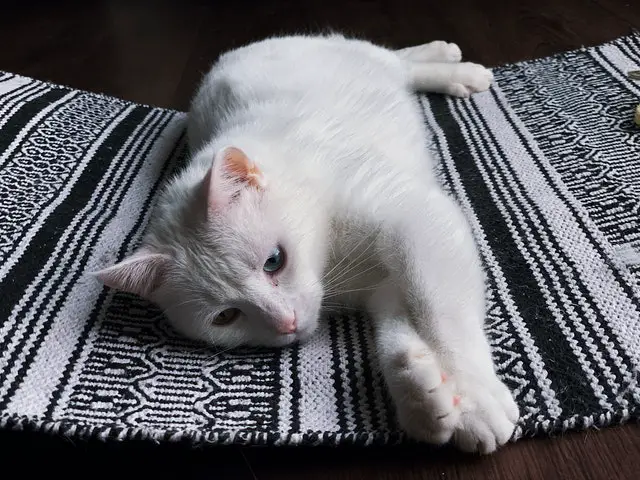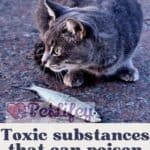
If your cat has health problems, he will not be able to eat the usual food: what is the nutrition for the liver-sick cat? The most suitable foods.
Is your cat unwell with his liver and you don’t know what can hurt him and what to improve his health situation? Obviously, as always, everything starts with nutrition and it is essential to know which are the most suitable foods that allow the body not to tire. Here is a brief summary of how to recognize a cat that has liver problems and how to choose the right diet for a liver-sick cat .
Liver problems in your cat: what does it mean
What is the function of the liver within the cat’s body and what does it mean when it is not functioning well? It is an extremely important organ because it has the function of digesting fats and entering them into the blood vessels of the intestine. The action of the liver is to create cholesterol, which must never be lacking but not even reach too high levels in our body.
The liver also eliminates toxins and harmful substances not only ‘introduced’ from the outside but also those produced by our own body. Liver disease is not just one but generally they are all defined liver diseases, which can be caused by various factors.
Liver problems usually result from the fact that this organ is put under strain, in practice it works harder to eliminate pesticides, additives and other harmful substances.
Nutrition for the liver sick cat: what to include in the diet
Here are the tips to follow about feeding a liver-sick cat with completely natural substances, deriving from plants: it is no coincidence that this therapy is called phytotherapy, or therapy of plant origin.
- Milk Thistle: thanks to Silymarin, this powerful antioxidant counteracts the action of free radicals in the animal’s body. Furthermore, its action also manages to keep the cholesterol level under control.
- Artichoke leaves: thanks to Cinarina and Cinarosi, this food stimulates the metabolism of the liver, increases the expulsion of bile acids and cholesterol.
- Boldo leaves: it is Boldina that acts on the chemical characteristics of bile, lowers its concentration and improves its flow. Its action will bear fruit especially in the digestion process of the animal.
- Turmeric: both in the form of a decoction, both in extracts and in tinctures, this substance helps to keep cholesterol levels down and to expel bile acids. It also has an anti-inflammatory, antioxidant and antitumor action.
- Dandelion: contains vitamins A, B and Cm phytosterols and potassium. These components help in the digestive process and fight the accumulation of fat.
- Strawberry and grape leaves: they have a significant amount of sugars, which help the liver to perform its task better. It is mainly used in the case of acute liver disease, which is fortunately rather rare.
Liver-specific diet: which foods to choose

But why choose these natural substances to facilitate liver function? Because this organ has a very important property: it regenerates! So a balanced diet, which does not burden its work, serves above all to give the liver time to reform itself, precisely to self-regenerate.
However, it is advisable that foods are always administered to the cat in small quantities and perhaps several times a day, never in a single solution. Regarding the choice of food, it is important that it has the following characteristics.
- It must be palatable: the cat must be encouraged to eat, stimulated by what it likes, otherwise it will experience it as a punishment and may even refuse to eat it.
- Very energetic: it is not only the quantity of food, but also its quality. Let us not be convinced only by the criterion of economic savings, especially when we choose the food to give to our four-legged friend. The consequences of poor food would immediately affect his health.
- Free of copper: we pay attention to all those foods (but also medicines) that may contain this element. They are: salmon, barley, cocoa, lentils, oats, dried fruit and raisins.
- With antioxidants: the most recommended food is certainly fish, to be consumed at least two or three times a week.
- Protein: we see for example soy and milk.
For any doubt or other we can ask our trusted veterinarian.






